So there’s this gay guy, right? And he’s Mormon, and married to a woman. Sadly, not as uncommon as you’d think.
But the story of Mr and Mrs Weed is a bit different because they both knew going into the relationship. He’s come out of the closet to tell their story.
I guess the premise of this post is to share that not only am I homosexual, but I’m also a devout and believing Mormon. And that I’m very happily married to a woman, and have been for ten years now.
And for the first time, we’re talking about it publicly.
So he’s gay. She knew about it. But they’re in love, have three kids, and a working relationship in which they both seem very happy, including a functioning sex life.
This story has garnered a lot of love among Mormon women on Facebook. Friends of mine are saying
- I loved this xx
- Very very very cool.
- I think he is a hero.
I can see why they’d think that because his story is tremendously affirming for the beliefs of Mormon women, two core beliefs in particular:
- Gay people ought to abstain from gay sex for the entirety of their lives, and this is proof that it can work!
- Sex isn’t very important to a relationship. Why should men get to have the kind of sex they want, and why won’t my husband quit bugging me about it?!
So you can imagine the Facebook fury when I tell them that this is a terrible idea, and I give the whole thing ten years.
Am I a hater? No, I just realise that sex is important, and while you may be able to bury yourself in the kind of lifestyle you think you should want, a lifetime is a long time not to be getting the kind of sex you really really want. It’s a setup for cheating, and then he’d be the bad guy for a) having gay sex, and b) cheating.
Sure, it can be pulled off, and I hope they do. But how does it sound to you? Let’s just say there was a church that only allowed gay people, and you really believe in it, although you’re straight. If you really really tried, could you find a nice person of your own gender that you liked and respected, and maybe even have sex, even though you know you don’t find that kind of sex appealing? You probably could, especially if you regarded it as a sacrifice of faith. (And if you believed that God would fix everything in the life beyond.) But acting contrary to your orientation is just that — acting.
The Mormon angle is bugging me, too. They’re making this decision because, yes, they love each other and want a family. But they also believe the Mormon Church is the One True Church, and it’s telling him that gaysex is wrong, and that he should abstain. I’m a big believer in informed consent, but it needs to work all the way around; they know what’s going on with each other, but they’re not aware that the church is — frankly — a mess of men’s opinions, built on lies. If this man came to realise that, the anguish might be considerable. Or not, if he felt lucky to have been with his wife, which he well might. But you need to know, you know?
He writes movingly about God’s love for gay people:
I want you to know that God loves you, and that even though you are attracted to people of the same gender, you are a completely legitimate individual, worthy of God’s love, your family’s love, and the love of your friends. You are no more broken than any other person you meet. You are not evil. You are a beautiful child of God.
This would be news to the God of the Bible, who couldn’t stand gay people, won’t let them into his kingdom, and has commanded that they be killed. But I guess since Mr Weed has come this far, he’ll believe in whatever kind of god he needs to. Theism is so often projection and wish-fulfillment.
Another sad thing: despite the author’s best intentions, this will be used as a stick to beat gay people. “Hey, this guy can do it. Why can’t you?” Mixed-orientation LDS marriage is one of the tragedies of the Mormon experience, and this may tip a few people to try it. (It should be noted though that the author doesn’t recommend this lifestyle for everyone.)
Maybe they can manage it. I really hope they do — we don’t need more unhappy relationships. At this stage, he’s a data point. It will be interesting to see how this plays out. My hope is that they can keep it together, or at least work together and remain friends, when he moves on to his real sexual orientation in his early-to-mid forties.
UPDATE
Another thing: Notice how he talks about ‘authenticity’, and claims that by having an LDS lifestyle, he’s being authentic to himself.
No, you’re being authentic to the Mormon Church. I’ve written before about how Mormonism is so all-consuming that Mormons often conflate their own goals, desires, and even their identities with that of their religion, so much so that when I insult the church, they think I’m insulting them. This is another manifestation of that.
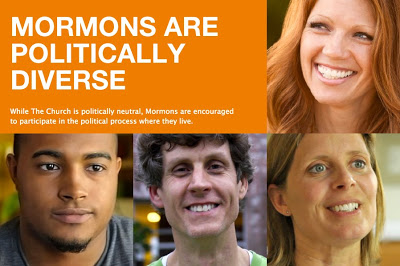

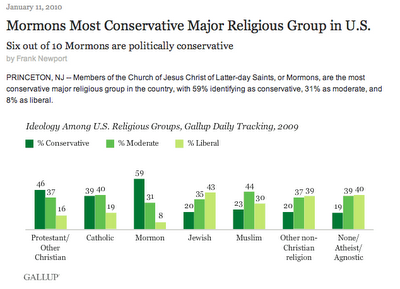





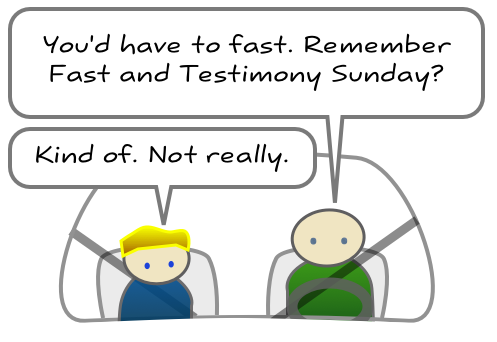
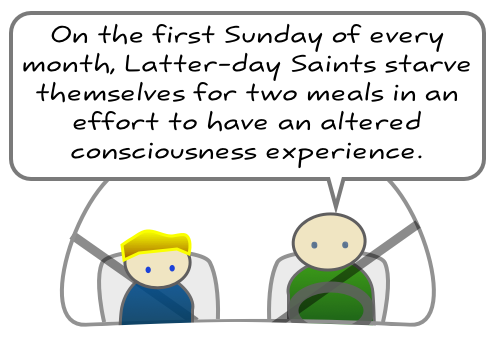
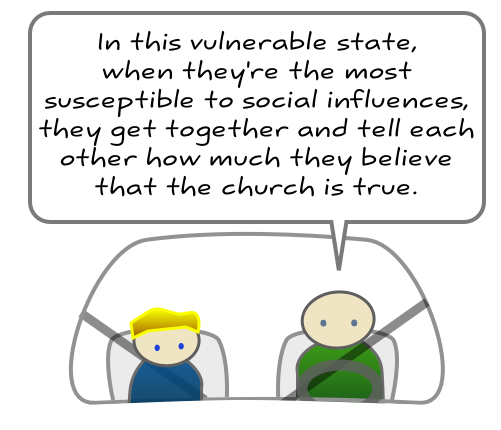

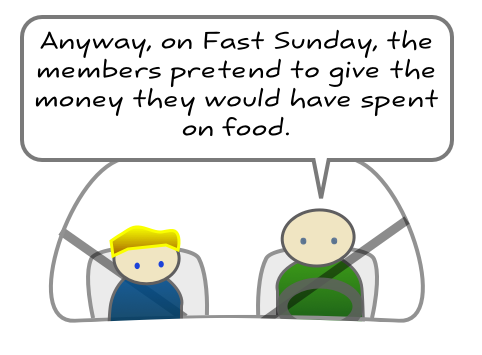
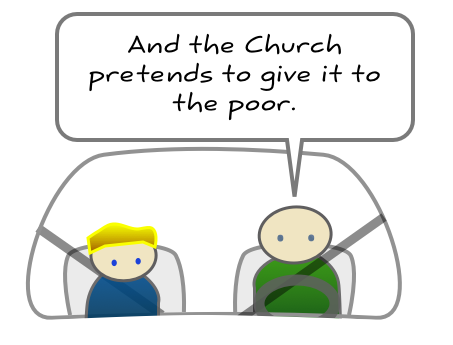

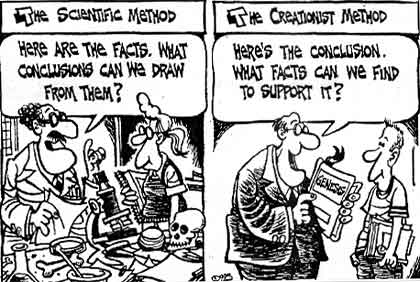

Recent Comments